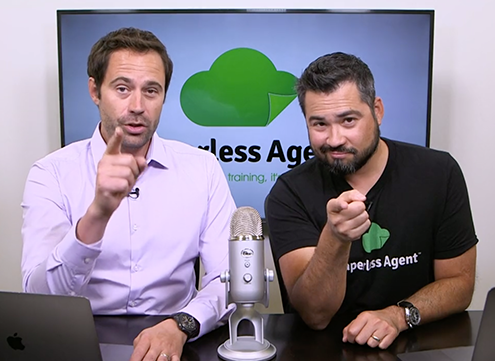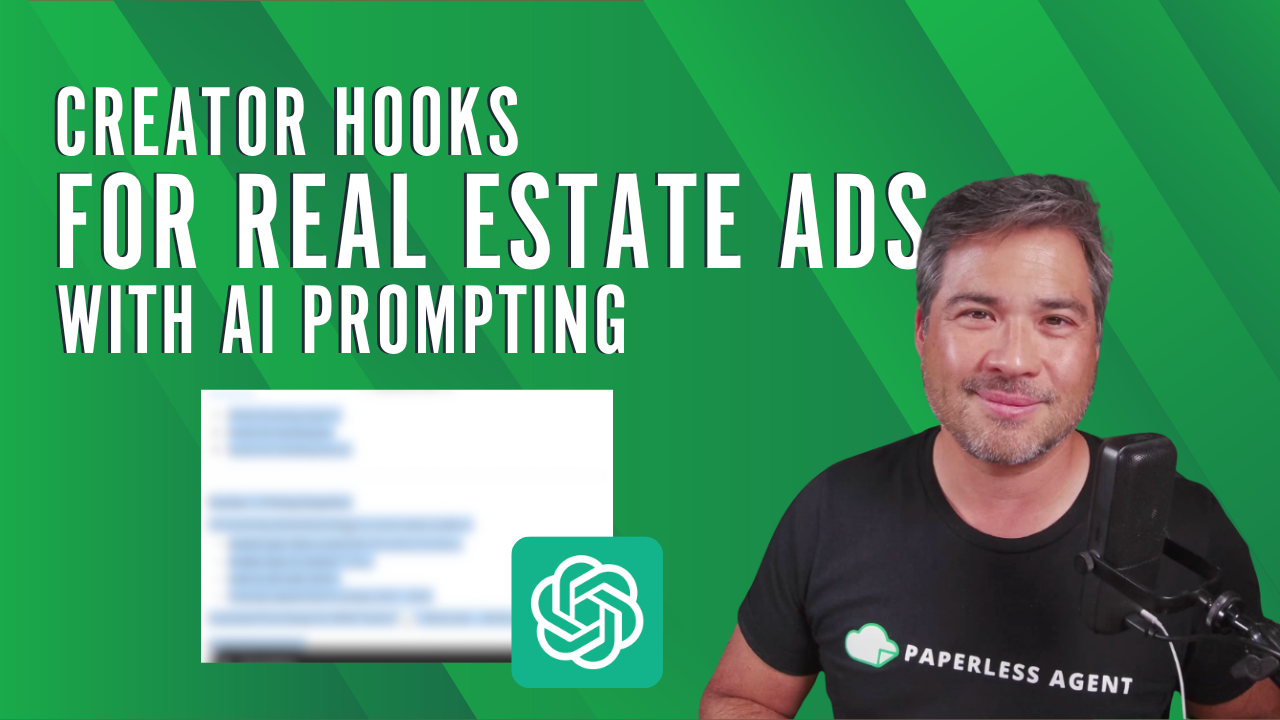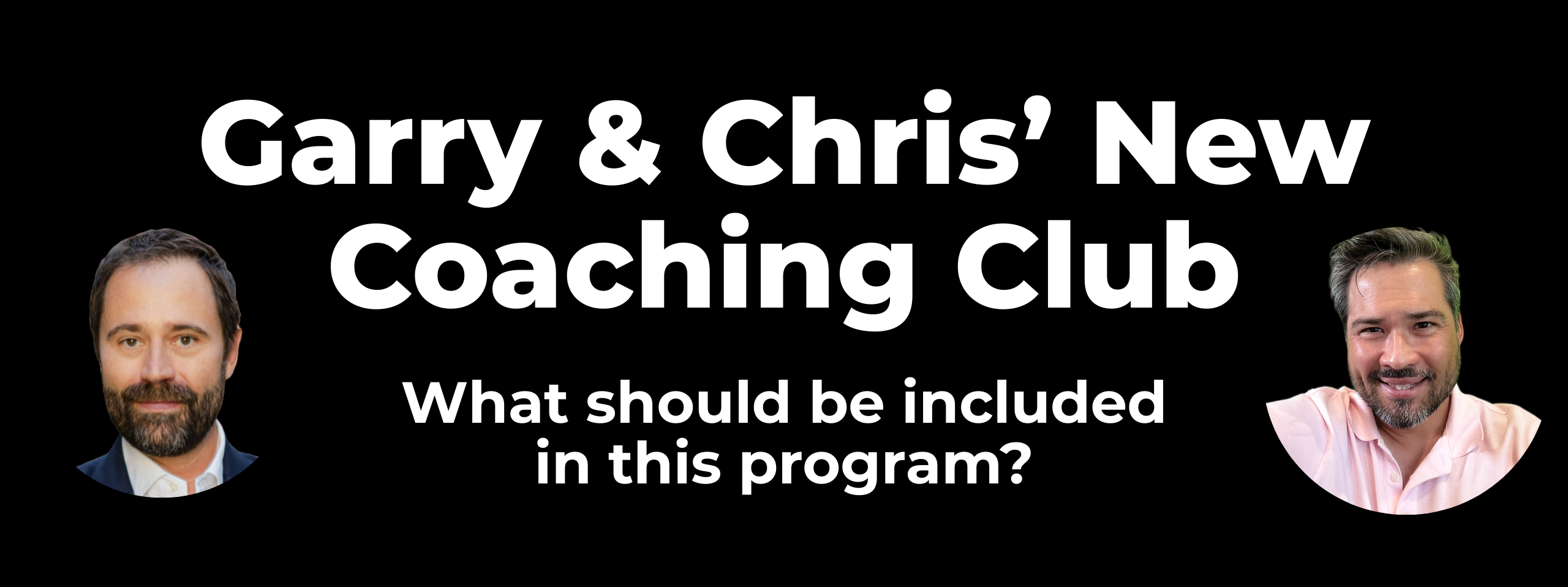Does Zillow's innovative loan program have potential to change the home buying process significantly, or is it a really sophisticated scam?
Imagine only needing to cough up 1% of a down payment, with Zillow sweetening the deal by contributing an extra 2% towards closing costs. Sounds like a dream, right?
This game-changer is currently making waves in Arizona, causing speculation about how this could revolutionize home buying as we know it. But where does the funding originate? And what's in it for banks?
The intrigue doesn't stop there – interest rates are still shrouded in mystery! Why would they keep such crucial information under wraps?
Is this a cunning ploy to draw attention? Or could it be truly revolutionary help for homeowners?
Understanding Zillow's Loan Program
The heart of Zillow's loan program is a unique approach designed to help buyers break into the housing market. By asking for just 1% down, it lowers one of the most common barriers to homeownership - hefty initial payments.
The Basics of the Program
Zillow isn't simply satisfied with making homeownership more accessible. They're also committed to lending a hand during those final stages before the buyers' seal the deal on their new home. Here's how they do it: A buyer put down 1%, and then Zillow contributes an additional 2% towards closing costs. Imagine walking up to a vending machine, popping in a single dollar, but then getting three dollars' worth of snacks.
This generous offer might seem too good to be true, but let me assure you that there are no hidden tricks or traps here – only surprising and uncommon ideas from this innovative real estate platform.
Geographic Limitations
While we'd all love for such opportunities to be available everywhere, reality often has its constraints. But don’t despair yet. This program is currently being piloted in Arizona, and, if successful, this could potentially open doors across many other states as well.
Surely I hear someone ask: "What about us folks who aren't based in the southwest?" That’s where technology steps in. Online pre-approvals could potentially bridge this gap, letting you join the party from anywhere. Practicality and accessibility are key in Zillow's mission to revolutionize real estate.
The Role of Banks in Zillow's Loan Program
At first glance, banks' involvement in Zillow's loan program may appear straightforward. However, there is more to it than what appears on the surface.
When we think about loans, we often imagine money moving directly from lender to borrower. However, with Zillow's loan program, that’s not exactly how things work.
Zillow doesn't hand over funds straight to homebuyers. Instead, this digital real estate powerhouse uses banks as an intermediary for these transactions.
This method isn’t unique but rather follows traditional lending practices where funds flow through banking institutions before reaching buyers' hands. It adds another layer of security and regulation into the process—both vital aspects when dealing with substantial amounts involved in property purchases.
You could picture it as passing a baton in a relay race; Zillow starts running by initiating the funding but passes on this responsibility (baton) midway to partner banks who carry it forward till they reach their finish line—the buyer.
Unveiling the Source of Funds for Zillow's Loan Program
The question on many minds is where does the additional money in Zillow's loan program come from? We don’t know all the details, but we have some ideas.
Potential Sources of Funding
Let's start with some logical guesses. First off, we could consider Zillow’s investor base. A large and diversified group like this can provide significant funds.
Next up, there are potential bank partnerships. Similar to how a football team might get funding from various sponsors; banks may be playing that role here. The benefits are mutual: Banks gain customers while providing resources for programs such as these.
Last but not least, let's think about revenue generated through other parts of their business model. Like how selling popcorn at ridiculously high prices helps fund movie theaters, ad revenues or premium service fees could help fill the pot for this loan program.
Bear in mind though – these are just educated speculations. We do not know exactly where the funds are coming from at this time.
Interest Rates and Financial Implications
The intrigue surrounding the undisclosed interest rates in Zillow's loan program can't be overlooked. Why does it generate such curiosity? Interest rates are like a seesaw; when they rise, affordability dips for buyers.
The Mystery of Interest Rates
Within Zillow's loan program, there’s an enigma that needs solving: The missing disclosure of their interest rates.
A higher rate may mean more money out of the borrower’s pocket over time while a lower one could give some financial breathing room. A lack of transparency might lead to questions about its competitiveness compared with other programs.
This uncertainty calls for savvy real estate agents who can guide clients through such murkiness and help them make informed decisions based on their individual circumstances. Understanding how interest works is crucial in any mortgage situation – especially here.Navigating Uncertainty with Knowledge
No need to feel like you're walking blindfolded into this deal. Although we don’t have specifics from Zillow itself, general market trends tell us where most current home loans sit regarding percentages.
Making sure our clients get educated about these implications is essential - after all knowledge is power.
We must also stay updated ourselves as professionals so we’re prepared to navigate possible future changes within Zillow’s scheme or similar ones that come up.
Being proactive will ensure we’re always one step ahead, helping clients with their real estate dreams and needs in the most effective way possible.
Remember, while an attractive loan program can be tempting, understanding its potential financial implications is key to making sound decisions.
If you want the benefits of using AI-powered tools but aren't sure where to begin, we've got you covered! When you join the Marketing Club, we'll give you our ChatGPT Playbook that teaches you everything you need to know about ChatGPT & real estate. It even includes prompts to save time, eliminate boring stuff, and even get listings!
Decoding Zillow's Marketing Strategy
This program is not just about making homeownership more accessible; there’s an underlying brilliance that paints the company as a benevolent benefactor.
The Perception of a Gift
Zillow is perceived to give buyers an incredible gift, thanks to their innovative approach towards closing costs. The fact that they're willing to chip in 2% towards these fees makes them look like your friendly neighborhood superhero. And who doesn't love free money?
This perception does wonders for their brand image and helps attract potential homebuyers, which is precisely what they want: attention and traffic on their platform.
It feels less like doing business with a giant corporation and more like receiving help from someone you trust – after all, isn’t trust one of the most crucial aspects when dealing with anything financial? This "gift," therefore, serves two purposes - it eases the buyer’s burden while simultaneously bolstering Zillow’s reputation.
Making Sense of It All
In reality though, this isn't exactly altruism at work here but strategic marketing genius. While offering aid may seem philanthropic at first glance, remember nothing comes without strings attached especially in real estate.
If we delve deeper into how Zillow profits off this model despite footing part of the bill themselves, we uncover some intriguing truths.
The influx of users attracted by low down payments boosts website traffic leading to higher ad revenues.
Zillows’ market dominance allows them strong negotiating power with banks and lenders.
The long-term interest accumulated from these loans more than makes up for the initial payout.
Thus, Zillow's loan program cleverly packages a marketing strategy into what appears to be an act of goodwill. It’s like wrapping broccoli in cheese - you think you're getting a treat, but there's nutrition (or profit) hidden underneath.
Comparing Zillow's Loan Program with Other Programs
The real estate market offers a wide variety of loan programs, yet the quality can vary. So, how does Zillow's unique 1% down program stack up against the rest? Let's take a look.
Down Payment Requirements Across Programs
A crucial point to start our comparison would be the down payment requirements. Typically, most mortgage programs ask for a minimum of 3% as a down payment. That can make buying a dream home feel like reaching for the stars.
Zillow bucks this trend by asking buyers to put only 1% down - now that’s shaking things up. But hold on there; before you rush off to empty your piggy bank and snap up that mansion you've been eyeing on their site...
The Unseen Interest Rates?
Beyond this tantalizingly low initial cost lurks an unknown entity—the interest rate attached to these loans remains undisclosed at present source. So we're left hanging until they decide it’s time for the big reveal.
Zillow’s loan program might be an interesting twist in the real estate market. This offer is geographically limited and leaves us guessing about interest rates.
The Importance of Financial Literacy in Real Estate
Understanding the financial side of real estate transactions is crucial for buyers. Without it, they're essentially navigating a maze blindfolded. But with sound knowledge and understanding, you can turn this intricate process into an achievable task.
Educating Buyers on Loan Programs
First off, let's talk about loan programs. Many potential homeowners might be aware that loans exist but don't fully grasp their implications or benefits. A variety of loan programs are available to assist different types of buyers - from FHA loans designed for low-income first-time homebuyers, to VA loans aimed at veterans and active military members.
A common misconception is that all these options offer similar terms and conditions. However, each program has its own unique requirements regarding down payments, credit scores, income levels etc., making some more suitable than others depending on your circumstances.
Building Trust in the Real Estate Industry
Beyond just knowing what's out there when it comes to financing options; trust plays a significant role too – especially considering we're dealing with one’s life savings here. So how do you build trust? Well firstly by being transparent.
If agents are open about every aspect of a transaction – including potential pitfalls – clients will appreciate this honesty because they’ll feel like they’re partaking in decisions rather than simply following orders blindly. If any issues arise during the buying process, having already established good rapport will make solving them much easier.
This doesn’t mean sugar-coating bad news though: It means explaining clearly why certain steps need to be taken so the client understands the reasoning behind them even if it might not be what they wanted to hear.
Building trust also involves showcasing your knowledge and expertise. When you demonstrate a deep understanding of loan programs, real estate market trends, negotiation tactics and so on, it gives clients the confidence to entrust their home buying journey with you.
As always, remember to stay current with industry news and continuously broaden your skill set.
FAQs in Relation to Zillow Loan Program Review
Can Zillow home loans be trusted?
Zillow's Home Loans is a legitimate lender. But, always do your research and compare rates before choosing a loan provider.
Does Zillow home loans affect credit score?
Getting prequalified with Zillow Home Loans won't hurt credit scores because it involves only a soft pull on a credit report.
Is it safe to get pre-qualified on Zillow?
Absolutely. Getting pre-qualified can give an idea of what is affordable and helps speed up the buying process. It's secure with Zillow.
What credit score is needed for a conventional loan?
You typically need at least 620 for most conventional loans. However, each lender might have their own minimum requirement.
Conclusion
Zillow's groundbreaking loan program has the potential to reshape the home-buying experience, offering a minimal 1% down payment and an additional 2% contribution towards closing costs. This unconventional approach is gaining traction in Arizona, prompting speculation about its transformative impact on the real estate market.
However, the undisclosed interest rates and the geographical limitations of the program underscore the importance of informed decision-making in navigating the financial intricacies.
Navigating this evolving landscape requires financial literacy, transparency, and trust. Real estate professionals play a crucial role in educating buyers about loan programs, fostering open communication, and showcasing expertise. As buyers and agents engage with Zillow's program, staying informed, proactive, and adaptable ensures that the path to homeownership remains not only accessible but also financially prudent.
Ready to dive into the opportunities that automation has to offer? We have the perfect tools for you! With the Marketing Club, it's never been easier to implement an effective marketing strategy that builds authority, grows your local influence, and keeps your pipeline filled with leads. Membership includes AI integrations, marketing automation, customizable content, and more!


